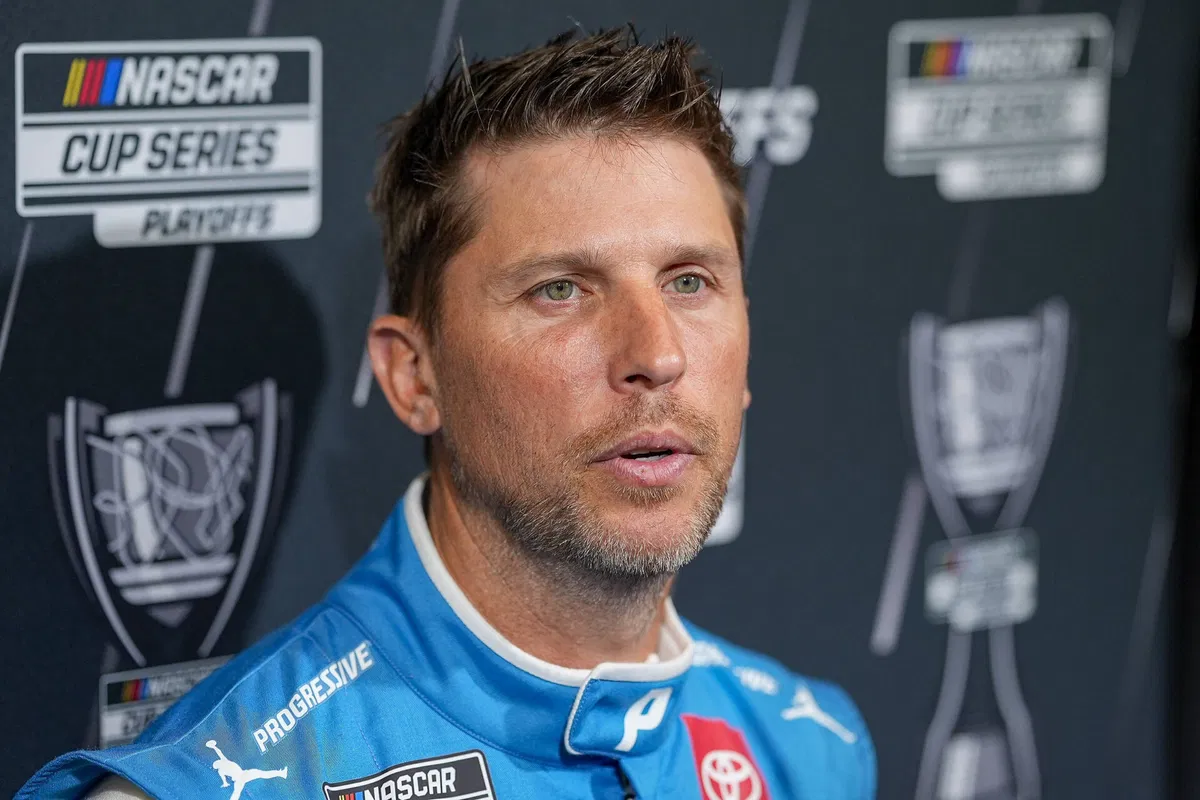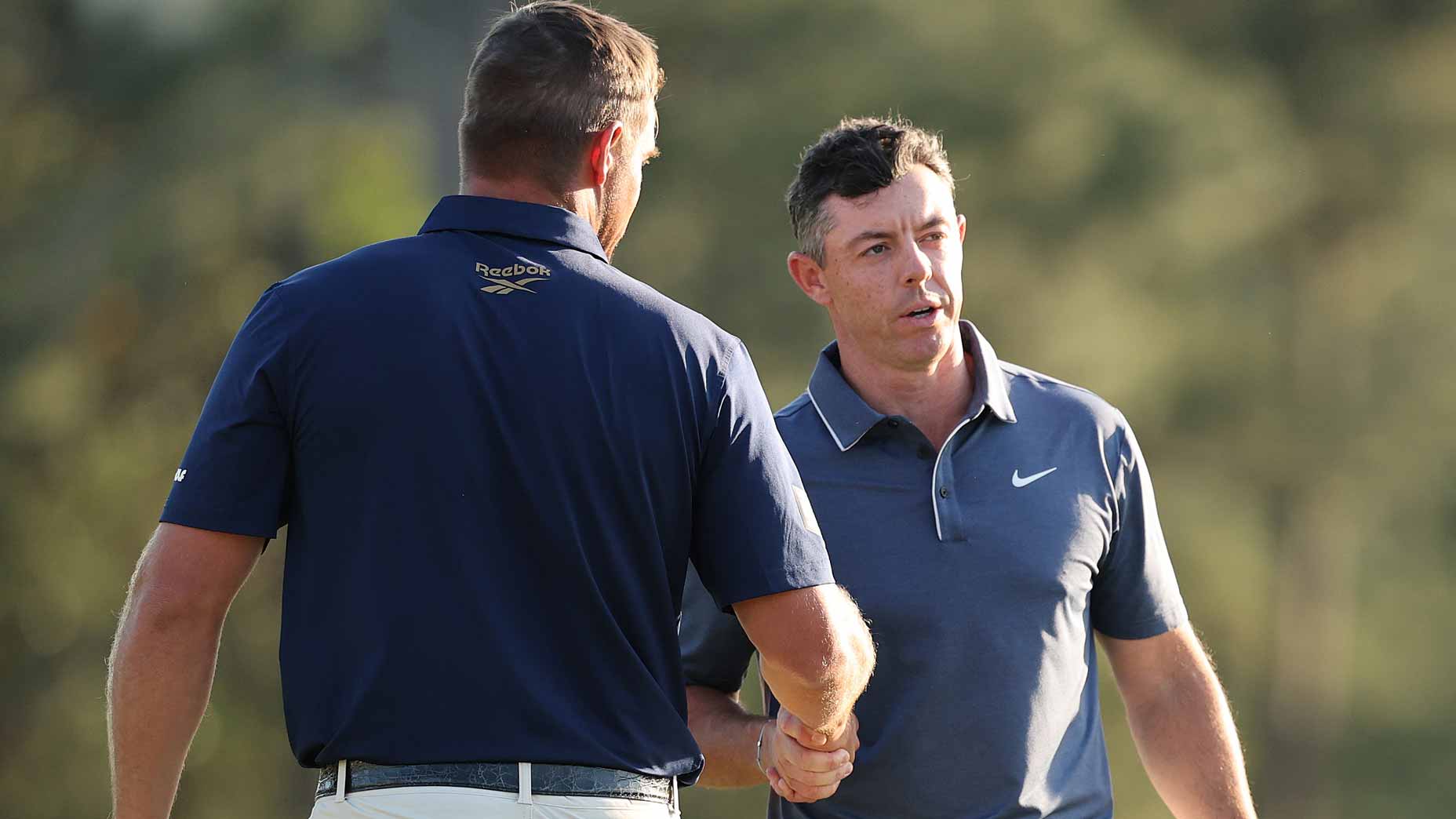
The 2025 NASCAR Cup Series has seen multiple instances where penalties affected team strategy and performance, particularly during the playoffs. Denny Hamlin’s No. 11 Toyota faced scrutiny after the Bristol Night Race when a right-front wheel came off, triggering a caution. Over the years, NASCAR’s enforcement of non-behavioral penalties has often disrupted team preparations, prompting discussions about timing, fairness, and the practicality of immediate suspensions.
For teams, the challenge has often been less about the penalty itself and more about its timing. When suspensions were handed down in the middle of the week, it left little room to adjust, as replacement crew members are harder to find. This recurring problem added pressure during the most critical parts of the season. This is what led to NASCAR ultimately deciding to address the issue with a change in the process.
ADVERTISEMENT
Article continues below this ad
NASCAR clarifies deferral process
Adding to the complexity, NASCAR revised its rules for 2025. This change allowed teams to tackle their suspensions in a different way. Previously, teams would appeal, automatically deferring the suspension. However, sometimes they later withdrew the appeal and wasted NASCAR’s administrative resources and time.
With this new framework, teams can manage logistics more efficiently. This is especially when penalties are issued mid-week, when arranging replacement crew members can be difficult in Xfinity and Truck Series teams. The rule change hinted at strategic maneuvers yet to unfold, which Hamlin’s situation would soon exemplify.
ADVERTISEMENT
Article continues below this ad
As explained by news reporter Bob Pockrass, NASCAR introduced the deferment rule to reduce wasted effort and provide teams flexibility. “Starting this year, for any non-behavioral suspension, teams can defer suspension for a week. In past, they’d file notice of appeal so suspension then deferred. NASCAR then arranged panelists, their travel and appeal defense — and then teams withdrew appeal, wasting NASCAR time.”
Hamlin’s decision to defer the suspensions of key crew members aligns precisely with this guidance.
Pockrass further noted the practical benefits for teams facing mid-week penalties. “Allowing the deferral without needing to decide whether to appeal also helps teams when suspensions are issued Wednesday or Thursday, which for some races can be tough when arranging replacements (especially in Xfinity and trucks where not as easy to fill roles).” By taking advantage of the rule, JGR avoided unnecessary logistical headaches while maintaining optimal race preparation.
Why the deferment was crucial for Denny Hamlin
In Hamlin’s case, Joe Gibbs Racing chose to defer the suspensions of two key pit crew members, front tire changer Austin Maloney and jackman Joel Bouagnon, rather than have them miss immediate races. Hamlin later confirmed his involvement in the decision. He explained the practical reasoning behind it, saying, “It’s obvious the timing mattered. Losing them at this moment would hit us harder than at a later race.” This statement underscored the importance of continuity and experience in pit operations during critical playoff events.
The upcoming races at New Hampshire and Kansas are more important for Hamlin, considering his expertise, as compared to a later road course race at Charlotte. This is because losing team members, where the performance is anyway not going to be special, brings less harm for Hamlin.
Hamlin emphasized the unique challenges of road courses, noting, “Especially on the ROVAL, the pit crew’s execution can make or break your track position. We needed them at full strength.” By retaining these key crew members, JGR preserved not just personnel but also the finely tuned coordination that can determine victory in high-stakes environments.
ADVERTISEMENT
Article continues below this ad
When will he serve it?
Denny Hamlin’s decision allows the No. 11 team to retain their crew for the Round of 12 opener at New Hampshire Motor Speedway. As a result, the suspensions will be served during the subsequent races at Kansas Speedway and the Charlotte Motor Speedway.
By deferring the suspensions, Hamlin’s team ensures that their experienced crew members are available for critical playoff races, helping to maintain a competitive edge. This strategic decision underscores the importance of timing and resource management in the high-stakes environment of NASCAR playoffs.



